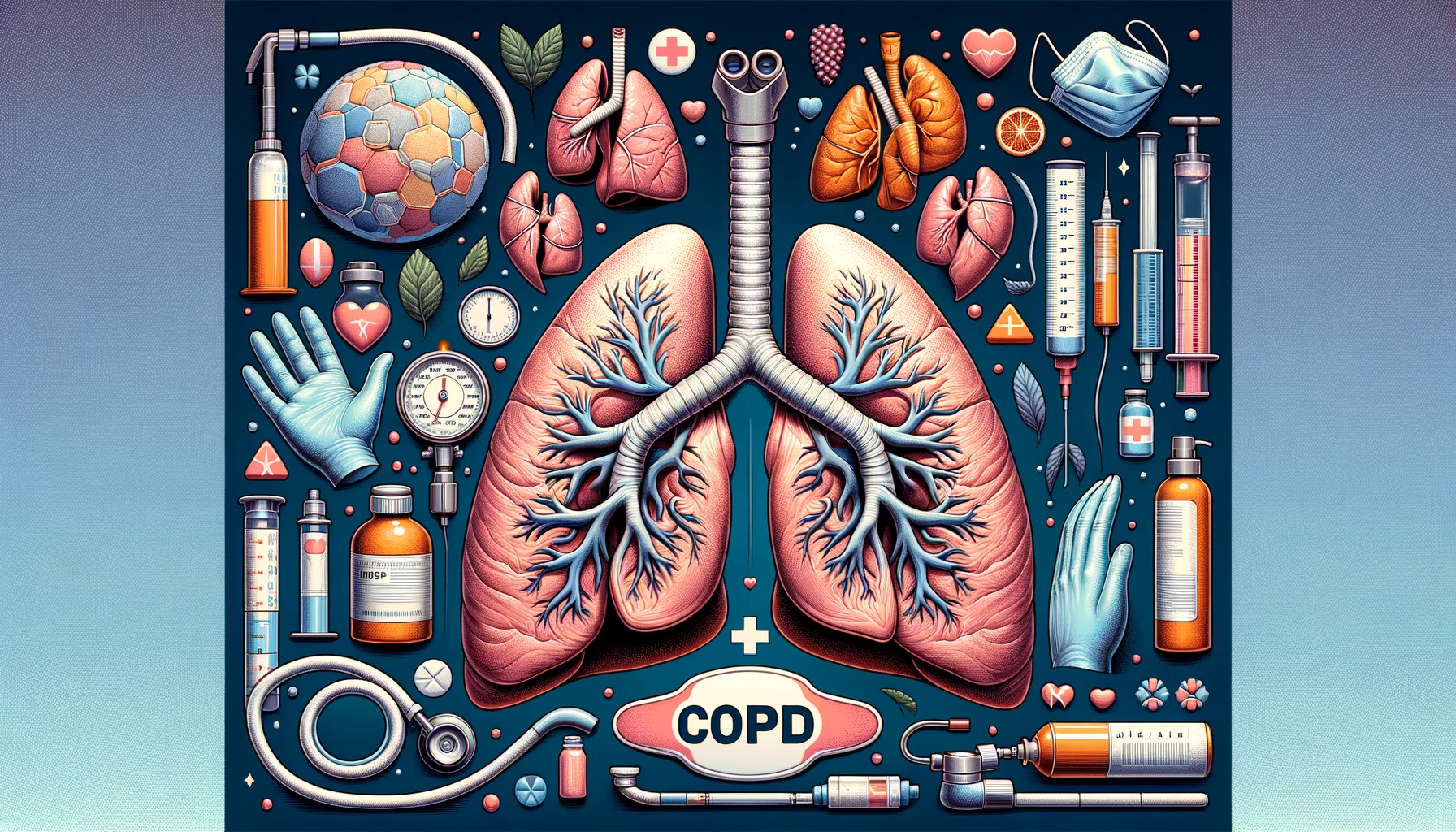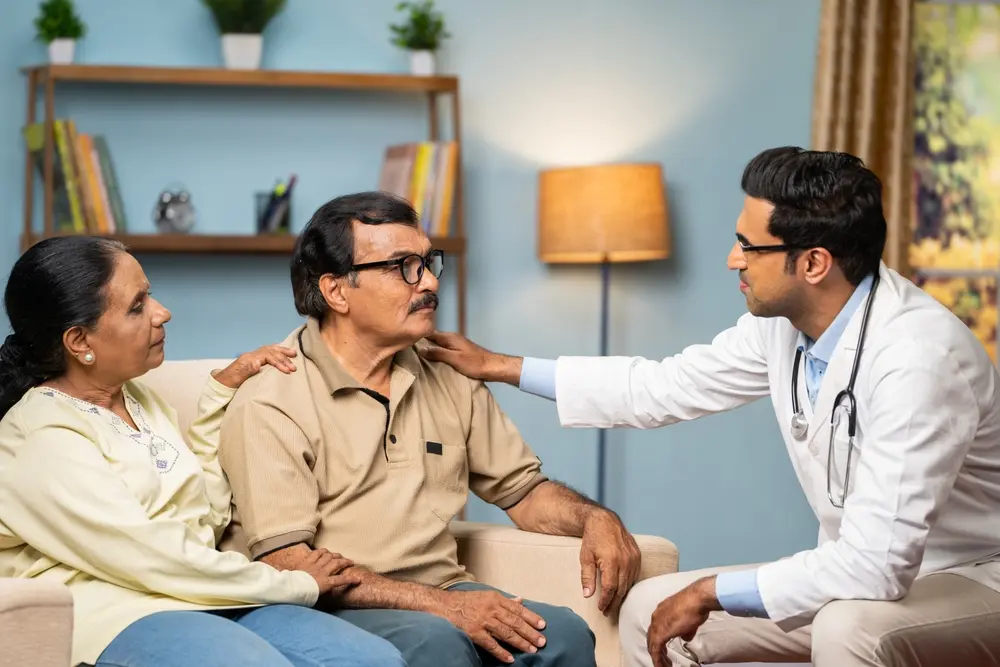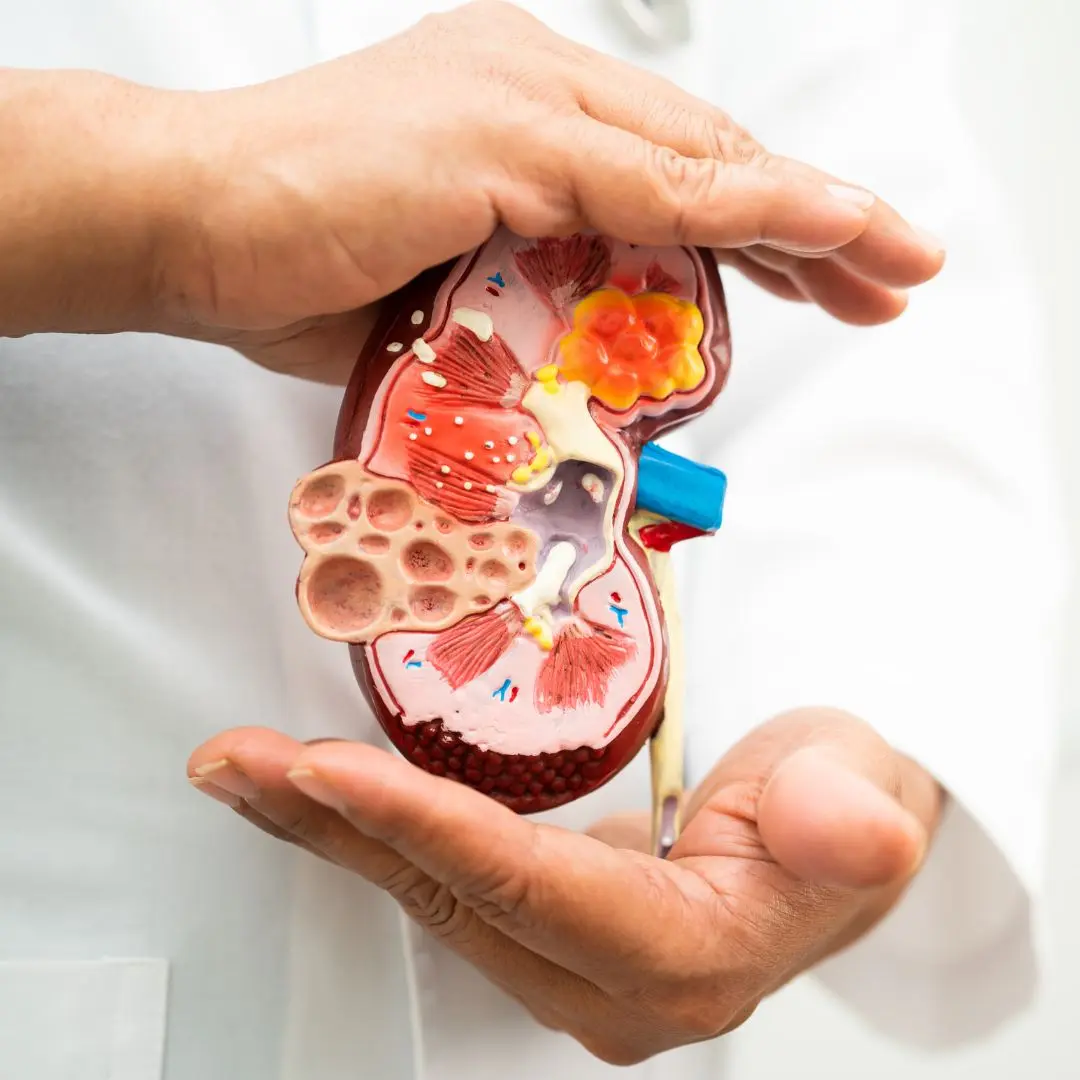India's demographic landscape is shifting rapidly, with a burgeoning aging population that necessitates comprehensive senior care services.

Blog
Senior Care Services in India: Complete 2025 Guide
India's demographic landscape is shifting rapidly, with a burgeoning aging population that necessitates comprehensive senior care services. As families become more nuclear and lifestyles more demanding, the need for structured and professional elder care solutions has never been more critical. This guide delves into the various facets of senior care services in India, offering insights into in-home care, assisted living, nursing homes, and geriatric healthcare.
India is witnessing a significant increase in its elderly population. According to the 2011 Census, there were 104 million elderly persons (aged 60 years or above) in India, which is expected to reach 173 million by 2026. This demographic shift underscores the urgent need for robust elder care services to support an aging population that is living longer and requires specialized care.
The traditional joint family system, which has long been the bedrock of elder care in India, is gradually giving way to nuclear family setups. This transformation has led to a decrease in the availability of family members to provide full-time care for elderly relatives. Consequently, there is a growing demand for professional senior care services that can cater to the diverse needs of the elderly.
In-home care services provide elderly individuals with personal care assistance, which includes help with daily activities such as bathing, dressing, grooming, and mobility. These services are designed to ensure that seniors can maintain their independence and dignity while receiving the support they need.
For seniors with chronic illnesses or those recovering from surgery, in-home medical and nursing care services are essential. These services include regular health check-ups, medication management, wound care, and monitoring of vital signs. Trained nurses and healthcare professionals deliver these services, ensuring that the elderly receive high-quality medical attention in the comfort of their homes.
Loneliness and social isolation are significant concerns for the elderly. In-home care services also provide companionship, where caregivers spend quality time with seniors, engaging them in conversations, activities, and hobbies. This companionship helps improve the mental and emotional well-being of the elderly, reducing the risks of depression and anxiety.
Assisted living facilities offer a blend of independence and support for seniors who require assistance with daily activities but do not need intensive medical care. These facilities provide a safe and comfortable environment where seniors can enjoy a community lifestyle with access to personal care services, recreational activities, and social interactions.
Assisted living facilities in India offer numerous benefits, including:
Each resident receives a customized care plan tailored to their specific needs and preferences.
These facilities are equipped with safety features such as handrails, emergency call systems, and round-the-clock supervision to ensure the well-being of residents.
Seniors can participate in various activities and events, fostering social connections and a sense of belonging.
Assisted living facilities provide nutritious and balanced meals, catering to the dietary needs and preferences of residents.
Selecting the right assisted living facility for a loved one involves careful consideration of several factors, including the location, services offered, staff qualifications, and overall ambiance. Families should visit potential facilities, speak with staff and residents, and review the amenities and services to make an informed decision.
Nursing homes provide comprehensive medical care for seniors who require constant medical supervision and assistance with daily activities. These facilities are staffed with trained healthcare professionals, including doctors, nurses, and therapists, who offer specialized care for chronic conditions, post-operative recovery, and rehabilitation.
Many nursing homes offer specialized services such as physiotherapy, occupational therapy, and speech therapy to help seniors regain their physical and cognitive abilities. These services are crucial for elderly individuals recovering from strokes, fractures, or surgeries, enabling them to regain independence and improve their quality of life.
Family involvement is encouraged in nursing homes to ensure that seniors feel connected and supported. Regular family visits, involvement in care planning, and participation in family-oriented activities help maintain strong emotional bonds and improve the overall well-being of the elderly.
Geriatric healthcare focuses on the medical needs of elderly individuals, addressing the unique challenges associated with aging. This specialized branch of medicine aims to prevent and manage age-related diseases, improve functional abilities, and enhance the quality of life for seniors.
Some common geriatric conditions include:
A progressive condition characterized by cognitive decline, memory loss, and behavioral changes.
A condition where bones become weak and brittle, increasing the risk of fractures.
Inflammation of the joints, causing pain and stiffness.
Conditions affecting the heart and blood vessels, such as hypertension and coronary artery disease.
Geriatric clinics and services provide comprehensive healthcare for seniors, including routine check-ups, chronic disease management, and preventive care. These clinics often offer multidisciplinary care, with geriatricians, nurses, physiotherapists, and nutritionists working together to address the complex healthcare needs of the elderly.
Palliative care focuses on providing relief from the symptoms and stress of serious illnesses. It aims to improve the quality of life for patients and their families by addressing physical, emotional, and spiritual needs. Palliative care is appropriate for individuals at any stage of a serious illness and can be provided alongside curative treatments.
Hospice care is a type of palliative care specifically designed for individuals nearing the end of life. It provides compassionate support for patients and their families, focusing on comfort and dignity. Hospice care includes pain management, symptom control, emotional support, and bereavement counseling.
In India, palliative and hospice care services are available through hospitals, specialized clinics, and community-based organizations. These services are essential for ensuring that seniors with terminal illnesses receive comprehensive care that prioritizes their comfort and quality of life.
Technology is revolutionizing senior care in India, with telemedicine and remote monitoring playing a significant role. Telemedicine allows seniors to consult with healthcare professionals from the comfort of their homes, reducing the need for frequent hospital visits. Remote monitoring devices track vital signs, medication adherence, and overall health, enabling timely interventions and continuous care.
Assistive devices, such as mobility aids, hearing aids, and medical alert systems, enhance the safety and independence of seniors. Smart home technologies, including automated lighting, voice-activated assistants, and fall detection systems, create a safer living environment for the elderly, allowing them to age in place comfortably.
Digital health platforms provide seniors and their families with access to a wealth of resources, including health information, caregiving tips, and support networks. These platforms facilitate communication between caregivers, healthcare providers, and family members, ensuring coordinated and holistic care for seniors.
The Indian government has launched the National Programme for Health Care of the Elderly (NPHCE) to address the healthcare needs of the elderly population. The program focuses on providing accessible, affordable, and quality healthcare services for seniors, including preventive, curative, and rehabilitative care.
The Maintenance and Welfare of Parents and Senior Citizens Act, 2007, mandates that children and legal heirs are responsible for maintaining their elderly parents. The act also provides for the establishment of Old Age Homes and ensures legal protection for seniors against abuse and neglect.
The Rashtriya Vayoshri Yojana is a government initiative aimed at providing physical aids and assistive living devices to seniors belonging to the BPL (Below Poverty Line) category. The scheme ensures that elderly individuals with age-related disabilities receive the necessary support to improve their quality of life.
As India grapples with the challenges of an aging population, the need for comprehensive senior care services is more pressing than ever. From in-home care and assisted living to nursing homes and geriatric healthcare, a wide range of options is available to meet the diverse needs of the elderly. With the support of government initiatives, technological advancements, and professional care providers, India is making strides towards creating a supportive and inclusive environment for its senior citizens. Ensuring that our elders receive the care, respect, and dignity they deserve is not just a responsibility but a tribute to their invaluable contributions to society.
HealthOK Global provides expert insights on nutrition, meal planning, and healthy eating habits. Contact our FREE 24 x 7 Healthcare Helpline at +91-8047190955 for assistance.
Assisted living facilities offer a blend of independence and support for seniors who require assistance with daily activities but do not need intensive medical care. These facilities provide a safe and comfortable environment where seniors can enjoy a community lifestyle with access to personal care services, recreational activities, and social interactions.
India is witnessing a significant increase in its elderly population. According to the 2011 Census, there were 104 million elderly persons (aged 60 years or above) in India, which is expected to reach 173 million by 2026. This demographic shift underscores the urgent need for robust elder care services to support an aging population that is living longer and requires specialized care.
This section covers In-Home Care Services in detail.
Need Personalized Health Guidance?
Get expert advice tailored to your specific health needs from our qualified healthcare professionals.




